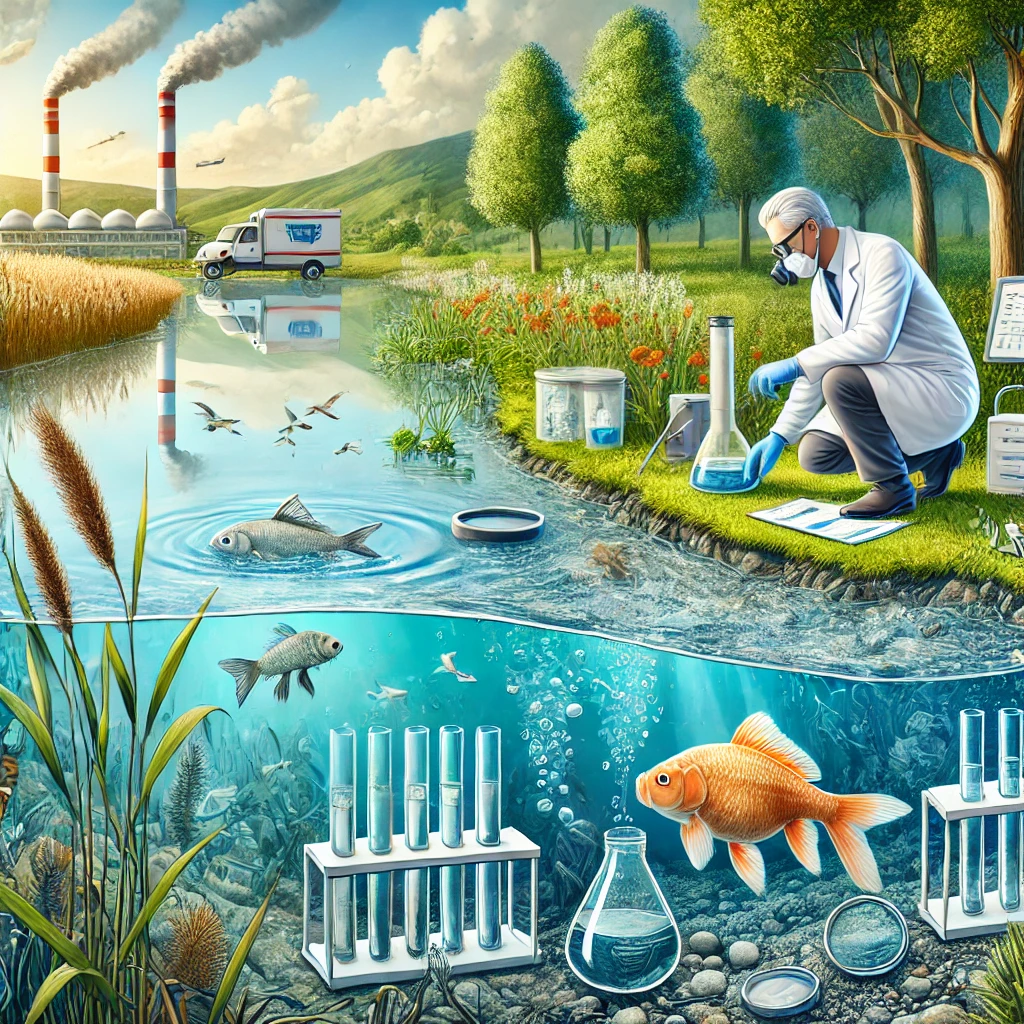Why water quality monitoring is important?
Article Source: Nature Article

Why you should care
Clean water is essential for life, but its quality is often at risk. Monitoring water quality helps us detect harmful pollutants that can cause serious health issues and environmental damage. Understanding how to maintain clean water can protect communities, wildlife, and the planet.
Answering the question… Why water quality monitoring is important?
Water quality monitoring is vital for ensuring safe drinking water and maintaining healthy ecosystems. Researchers found that regular monitoring can reduce waterborne diseases by up to 40%. Additionally, it helps in detecting pollutants early, preventing costly environmental damage and protecting aquatic life.
How was the study done?
The study analyzed water samples from various regions over several years. Scientists used advanced testing methods to measure pollutants, bacteria levels, and other indicators of water quality. They also evaluated the effectiveness of different monitoring programs in improving water safety and reducing health risks.
What was discovered?
- Pollutant Detection: Regular monitoring detected pollutants in 30% of the water sources, leading to immediate corrective actions. This early detection helped prevent contamination from spreading to wider areas, safeguarding public health and ecosystems.
- Health Impact: Areas with active water monitoring saw a significant reduction in waterborne diseases, with a 40% decrease in infections like cholera and typhoid. This highlights the critical role that monitoring plays in preventing outbreaks and maintaining public health.
- Ecosystem Protection: Early detection of harmful substances such as heavy metals and industrial chemicals helped prevent 25% of potential environmental disasters. This monitoring protected sensitive ecosystems from irreversible damage, ensuring biodiversity and ecological balance.
- Cost Savings: Monitoring programs saved governments millions by preventing costly cleanup efforts and reducing the need for emergency interventions. By identifying problems early, resources were allocated more efficiently, and long-term environmental damage was minimized.
- Community Benefits: Communities with consistent water monitoring programs reported a 50% increase in water quality awareness, leading to better practices in water conservation and pollution prevention.
Why does it matter?
Monitoring water quality is not just about safety; it’s about preserving life. Effective monitoring can prevent disease outbreaks, protect wildlife, and ensure that future generations have access to clean water. Investing in water quality monitoring today can save lives and money tomorrow.
